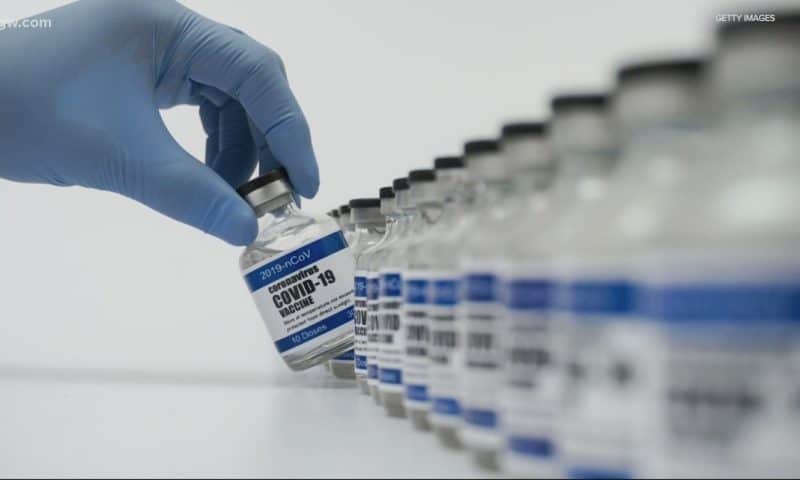CytoDyn has lost its chief scientific officer Mahboob Rahman, M.D., Ph.D., just six months into his tenure at the biotech and after a flopped COVID-19 trial.
Rahman came on board last October from Mesoblast, an Australian biotech that recently teamed up with Novartis for a stem cell therapy approach to COVID-19, though it flopped a key trial a few months back.
Unceremoniously, via a Securities and Exchange Commission filing and not a press release, CytoDyn said simply that: “The last day of employment of Chief Scientific Officer, Mahboob U. Rahman, M.D., Ph.D., with CytoDyn Inc. was April 5, 2021.” It is not clear why he left nor who will be replacing him.
The company has been working on a HIV and prevention of graft-versus-host disease treatment, leronlimab, but last year added COVID-19 to its clinical work in the hope it could help treat pandemic patients.
This coincided with a major boost to its shares from early 2020, which went from its consistent penny-stock share price up to a high of more than $6 a share last summer, though they have since been halved on a roller coaster ride for leronlimab, which appears no closer to an FDA emergency use authorization for COVID despite the positive notes coming out of its C-suite.
This also comes a few weeks after a phase 3 clinical trial of CytoDyn’s leronlimab in COVID patients missed its primary and all major secondary endpoints. However, CytoDyn zeroed in on a subgroup of patients and performed an “age adjustment” analysis to hail the study as evidence of the efficaciousness of leronlimab.
The clinical trial randomized 384 patients with severe or critical COVID-19 to receive CCR5 antagonist leronlimab or placebo once a week. CytoDyn chose all-cause mortality at Day 28 as the primary endpoint.
In a statement issued late last month, CytoDyn shared no data on the performance of leronlimab in the overall study population, focusing instead on a subset of 62 mechanically ventilated, critically ill COVID-19 patients.
The biotech said leronlimab was associated with a 24% reduction in all-cause mortality in the subgroup as well as a six-day reduction in hospital stay and improved probability of being “discharged alive” at Day 28. CytoDyn only provided a p-value for the reduction in hospital stay.
CytoDyn then issued a second press release about the data. The second statement explained that the treatment arm contained a higher proportion of people aged 65 years and older than the control group did. As the mortality rate in the 267 people aged under 65 was lower than in the 117 people over that threshold, CytoDyn performed an “age adjustment” analysis on the data.
The analysis associated the use of leronlimab plus “commonly used COVID-19 treatments” with a statistically significant improvement in all-cause mortality at Day 28 compared to placebo plus “commonly used COVID-19 treatments.” The p-value was 0.0319. CytoDyn also calculated a p-value of 0.0552 for mortality in an age-adjusted analysis of a subgroup of patients who took dexamethasone.
Even after applying the age adjustment, the study missed its primary endpoint and all other major secondary endpoints among all patients in the modified intent-to-treat population. CytoDyn said the primary endpoint “was much closer to statistically significant value” after adjusting for age. Similarly, CytoDyn said some secondary endpoints approached statistical significance after the adjustment.
What, if anything, can be concluded from CytoDyn’s analysis is unclear. Neither of the CytoDyn releases state the analyses were prespecified. Post hoc analyses of small subgroups of patients can generate results that appear to show a drug is efficacious, only for more rigorous assessments of the molecule to reveal the signs of efficacy to be a mirage.
CytoDyn will need stronger data to win even emergency use authorization in the U.S. The biotech has filed to run a clinical trial that will enroll 140 critically ill COVID-19 patients and is awaiting comments from the FDA. CytoDyn plans to use the same sites as the earlier trial but another primary endpoint, namely length of hospital stay.
The biotech last week said it was still seeking “immediate EUA requests [in] multiple countries.” The biotech saw its shares up 10% afterhours Wednesday evening after being down more than 11% in the day.

